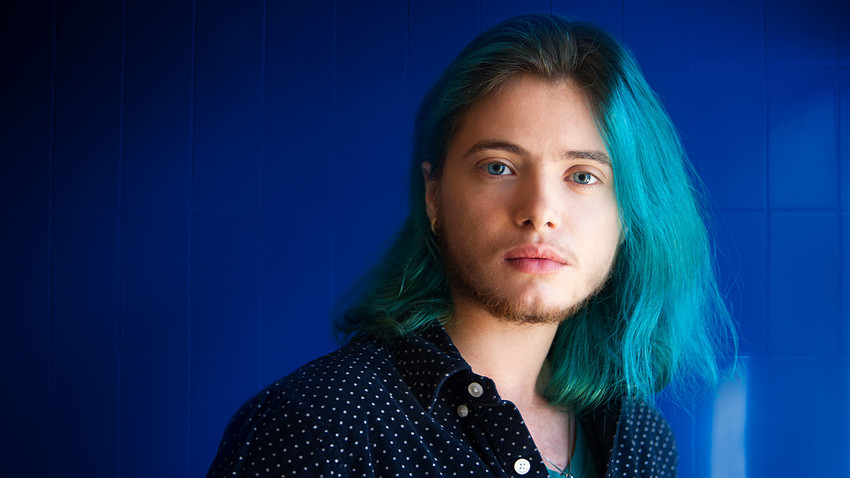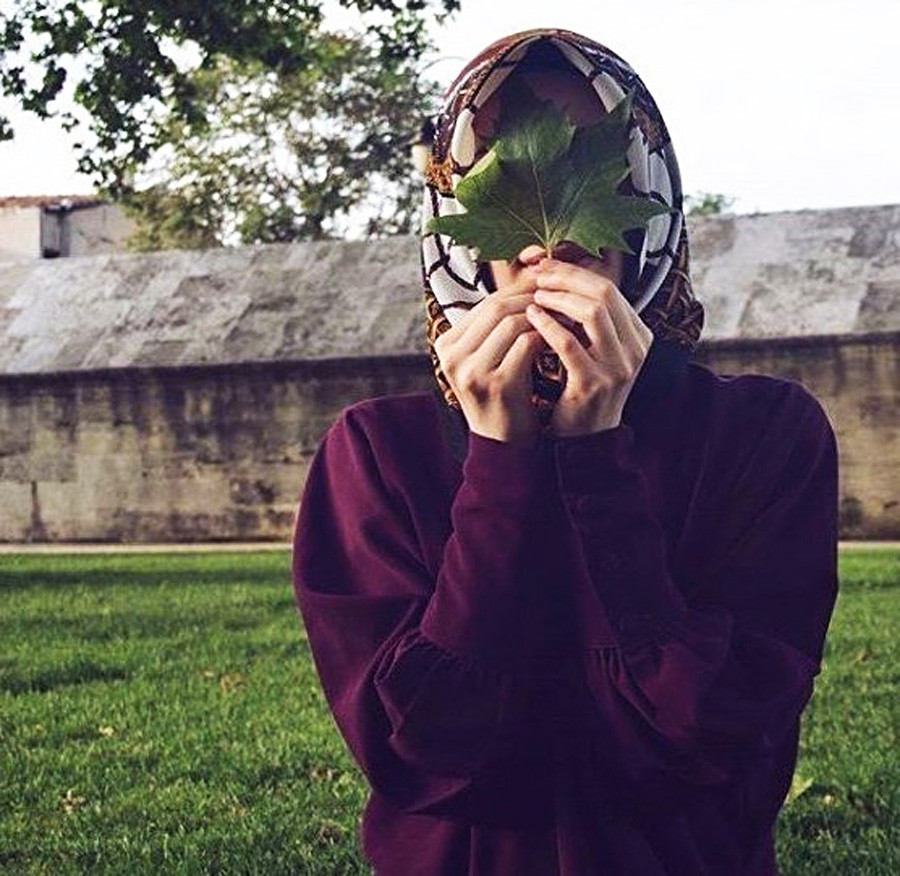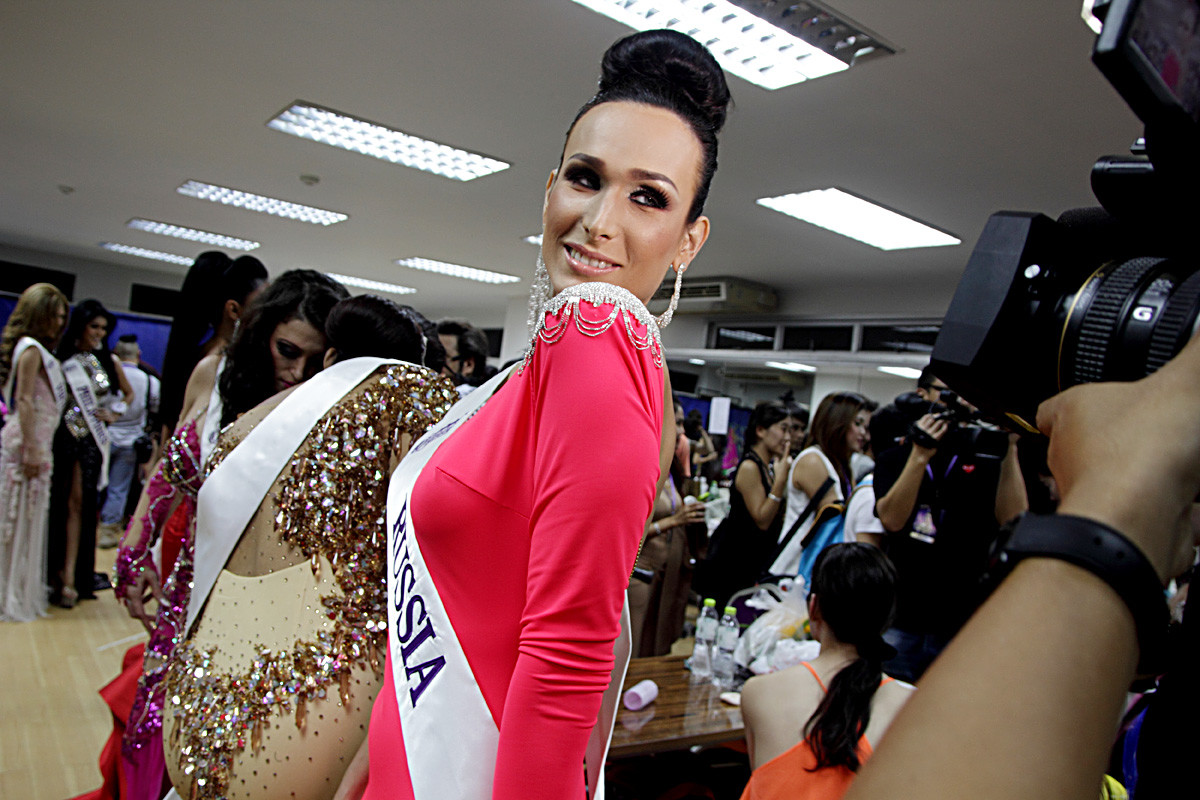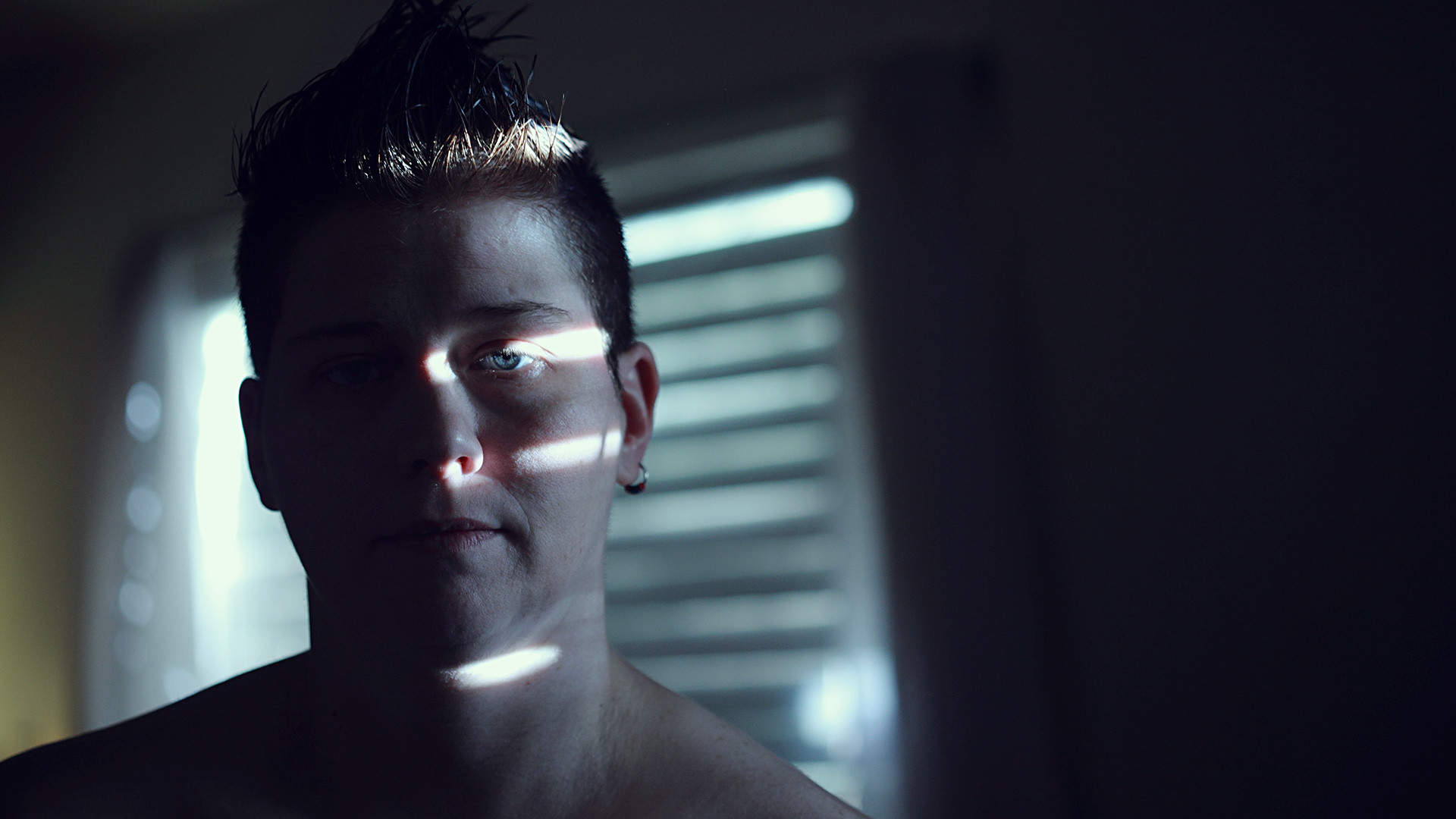‘My parents would disown me’: The life of transgender people in Russia

When his family left the village, eight-year-old Ivan finally got a slim chance to meet people like himself. Although he had no concept of what the difference even was: his entire childhood was spent knowing that something was ‘wrong’ with his body. And he had no idea what exactly.
The setting was Chita – a small city near the border with Mongolia, 6,300km south-east of Moscow. There, a 19-year-old Ivan had come to the realization that he was gay. Ivan ended up meeting people from the local LGBT community, and it was around one of those parties that someone had first asked him what his gender was. Confused, he would seek answers on YouTube.
Not long after, at 23, Ivan moved out of his family home and began a hormone course that would transform his body into that of a female. The uneasy decision had come as a result of a failed suicide attempt and a stint at a psychiatric ward.
Transgender culture in the Russian language is not as strict with its pronouns as in the English language – meaning that a transgender person in Russia can be fine with a binary gender pronoun just as well as a neutral one. For Ivan, the pronoun is “she” (which will be used throughout from now on).
Now, at 24, the only other person who knows what Ivan is going through is her sister.
“I think the parents might be suspecting something, though they never ask questions,” says Ivan, a slim individual with a delicate face and close-shaved hair, which makes it more convenient to wear a wig

Ivan
A simple case of biology
“My own story is quite different,” says Victoria, 22. “I’d also been through a lot, of course. Because, how do you explain to your own mother or anyone else that you’re living inside a body that is not your own? How do you even go about explaining something like that?”
Victoria’s (who prefers a fictional name) is still listed as a male in the passport, as well as physically. But her closet hasn’t contained a pair of jeans in four years – only skirts and dresses. Jeans are too “unisex”, she tells RB.
She resides in Russia’s westernmost exclave of Kaliningrad, with a population slightly greater than Chita, around 460,000.
It’s commonly thought that big city folk

Victoria
“At 14, I was dead sure that I was a girl, and can’t live any other way. I don’t have to, and I’m not going to,” she says. “But something was also amiss physically. When my classmates had started to get their man voices and develop Adam’s apples, nothing was happening to me.”
“Dad never lived with us,

Victoria
The doctors said Victoria’s body was naturally producing more female hormones than male ones, so she wouldn’t need a hormonal course. When college was over, this had led to her throwing out all her male clothing, and transitioning to a female wardrobe completely.
“I fit into society splendidly, as I don’t take hormones. My psyche is in the right place. Others normally get episodes. They are all potential walking suicides, taking pills by the pack like that. That’s how they go insane,” Victoria says.
However, she mentions one other reason: transgender people often “go insane”, as they indeed belong to one of the most “invisible” groups, one with barely any rights. Ivan can attest to that. “I’m a black sheep. I don’t have any friends. No relationships,” she says. “And nobody is in a hurry to set my life on track.”
“It’s like a plague”
As a UN member, Russia subscribes to definitions provided by the World Health Organization (WHO). Until June 2018, the international body considered transgenderism a mental illness, akin to schizophrenia. Now it views the condition as simply another version of the norm. This did not do much to stop the vicious cycle, however.
Gender reassignment surgery can only be performed with special permission from a whole panel involving a psychiatrist, a sexologist
There are extreme situations when a transgender woman has to be sent to a male prison; or when a passport with a female

Contestant Veronika Svetlova of Russia prepares backstage before the final show of the Miss International Queen 2014 transgender beauty pageant at Tiffany's Show theatre in Pattaya city.
Getty Images“I tried to find work as a waitress, a saleswoman, a maid, as well as in the nightlife sphere. Everything would go well right up until the moment I would have to show my papers,” Victoria says. “The best you’re going to get is ‘We’ve already found somebody’ or ‘We will be in touch’. I would also get ‘But you’re a man – why do you torture
“I’m a self-taught makeup
Ivan, who works as a stylist at a local salon, says that the sphere of beauty sector is just about the only one transgender people can access. But you can’t earn enough for a gender reassignment procedure that way. “A vaginoplasty costs at least half a million rubles [$8,000 approx.].”
According to Ivan, many in her situation resort to prostitution. “It’s like a plague.”
“You can understand these people. No job, no money, no family, nothing to lose. They spend their time daydreaming of a
Not your body
When Victoria had started a relationship with a man, she kept quiet for a month about who she really was. He suspected nothing either. “I had to tell. We hadn’t had intercourse. But I didn’t even have my surgery.”
Victoria
But the worst ordeal isn’t being the owner of contradictory identification papers

In July Facebook began the campaign #трансфобиянепройдет. This took place after a transgender woman was denied entry to a club and called a “monster”.
Ivan points out that a society really has a problem when even a little child could run up to you and call you a “fag” without getting a lecture from an adult. Victoria agrees, adding that everyone is eager to get under your skin, your skirt, into your head and teach you some morals. “Would you like to know how that makes me feel? I don’t understand this logic. There are abusers who beat women, there are murderers out there. Why don’t you treat them this way? How are we worse? People see all of this as
If using any of Russia Beyond's content, partly or in full, always provide an active hyperlink to the original material.
Subscribe
to our newsletter!
Get the week's best stories straight to your inbox